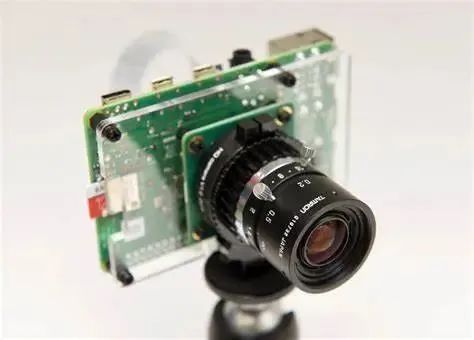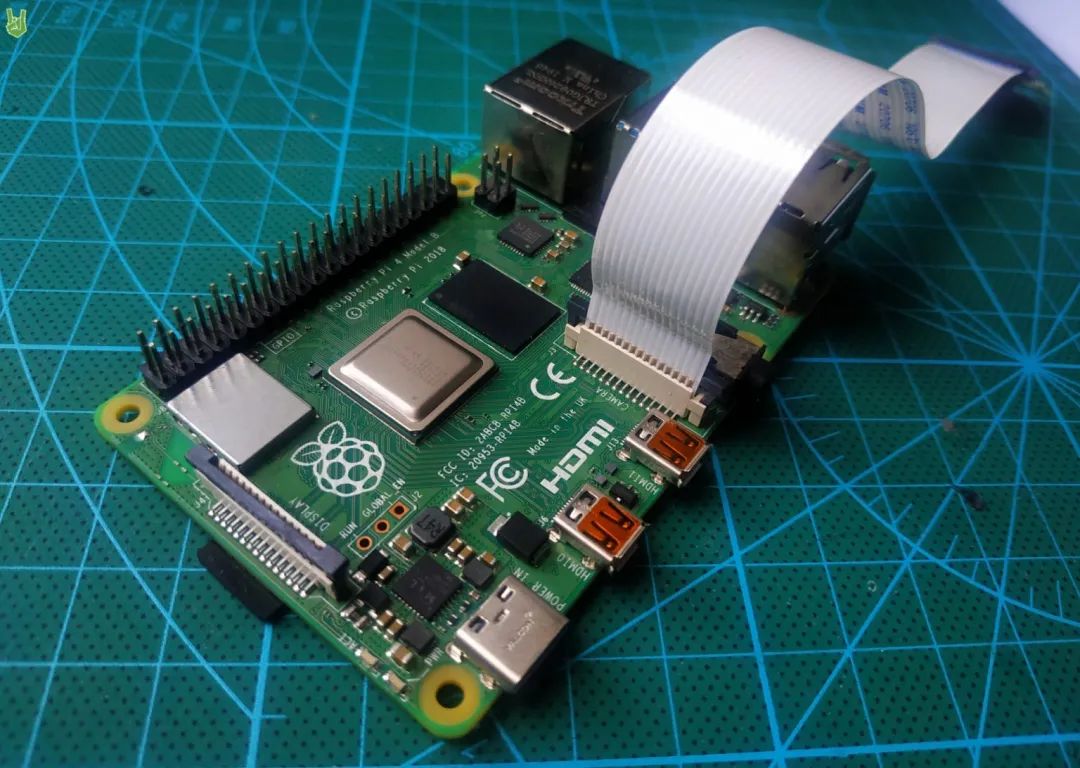Picamera2 is the latest camera library for Raspberry Pi officially launched by Raspberry Pi, based on libcamera, aimed at replacing the old Picamera library, providing more powerful features and a more user-friendly API. This article will delve into the characteristics of Picamera2, installation methods, usage, and contribution guidelines for developers.

Picamera2: Camera Interface in the libcamera Era
Picamera2 is the successor to Picamera, but it is not just a simple upgrade; it is built on the entirely new libcamera architecture. libcamera is the latest camera driver stack for Raspberry Pi, providing a more modern and flexible interface than the old camera stack, supporting advanced features such as higher resolution video recording, faster image capture speeds, and more powerful image processing capabilities. As the Python interface for libcamera, Picamera2 presents these powerful features to developers in a concise and easy-to-use manner.
 System Requirements and Installation Method
System Requirements and Installation Method
Picamera2 is currently in Beta, meaning it may still have some bugs, but its stability and functionality have significantly improved. It only supports 32-bit and 64-bit images of Raspberry Pi OS Bullseye (or higher). Since September 2022, Picamera2 has been pre-installed in images downloaded from the Raspberry Pi website. It is compatible with all Raspberry Pi models, including Pi Zero, but performance may slightly decrease on lower-performance devices.
Not Supported on the Following Systems:
-
• Images based on Buster or earlier versions -
• Raspberry Pi OS Legacy images -
• Bullseye (or higher) images where the old camera stack has been re-enabled
The recommended installation method is to use <span>apt</span>:
-
• Update Picamera2: <span>sudo apt install -y python3-picamera2</span>(or as part of a system-wide update:<span>sudo apt upgrade</span>) -
• Fresh Install (including GUI dependencies): <span>sudo apt update && sudo apt upgrade && sudo apt install -y python3-picamera2</span> -
• Fresh Install (excluding GUI dependencies): <span>sudo apt update && sudo apt upgrade && sudo apt install -y python3-picamera2 --no-install-recommends</span>
If GUI functionality (Qt and OpenGL) is needed, ensure the corresponding dependencies are installed. On Raspberry Pi OS Lite, manual installation is required:<span>sudo apt install -y python3-pyqt5 python3-opengl</span>
Install Using pip (Not Recommended):
Although pip installation is no longer recommended, if you insist on doing so, you need to install the necessary dependencies first:
sudo apt install -y python3-libcamera python3-kms++ python3-pyqt5 python3-prctl libatlas-base-dev ffmpeg python3-pip
pip3 install numpy --upgrade
pip3 install picamera2[gui] # Install GUI dependenciesOr without installing GUI dependencies:
sudo apt install -y python3-libcamera python3-kms++ python3-prctl libatlas-base-dev ffmpeg libopenjp2-7 python3-pip
pip3 install numpy --upgrade
pip3 install picamera2Rich Examples and Documentation
Picamera2 provides a wealth of example code located in the <span>examples</span> folder of the repository, as well as some additional Qt application examples found in the <span>apps</span> folder. These examples cover various functionalities of Picamera2, such as taking photos, recording videos, and setting camera parameters, helping developers get started quickly. Additionally, Picamera2 offers comprehensive documentation for developers to learn and use.
Conclusion
As the latest camera library officially supported by Raspberry Pi, Picamera2 provides more powerful features and a more user-friendly API than Picamera, making it an ideal choice for Raspberry Pi camera development. Its ease of use, rich examples and documentation, and active community support make it a very suitable tool for both beginners and professional developers.
Project Address:https://github.com/raspberrypi/picamera2